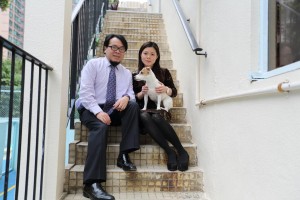Two leadership training opportunities — one on race and social justice, one on leading mission projects — are offered by the United Methodist Church.

Rev. Tom Lank offers Volunteers in Mission Leadership Training for the Northeastern Jurisdiction of the United Methodist church United Methodist Volunteers In Mission promotes, encourages, and enables Christians to exemplify “Christian Love In Action” through short-term mission service in the United States and abroad. Tom was an assistant pastor at PUMC and led our United Front Against Riverblindness mission trip to the Democratic Republic of Congo. The training is Saturday, November 5, in Neptune, N.J. Details here
Katey Zeh  offers a Drew Theological School webinar, Confronting White Privilege in Our Mission for Justice on four Wednesdays , 3 to 4:30 p.m. starting September 21.
offers a Drew Theological School webinar, Confronting White Privilege in Our Mission for Justice on four Wednesdays , 3 to 4:30 p.m. starting September 21.
“In this four-part series we will discuss what the missional engagement of the church looks like in a highly racialized context on both a national and a local level. In addition to personal reflection and group discussion, participants will gain new tools and resources for addressing white privilege in their own communities and ministries and ideas for building ministries that are relationally authentic and socially impactful.”
Katey joins Bill Mefford to teach this course, which costs $60. Scholarships for PUMC members are available.

 If giving is an act of love,
If giving is an act of love,